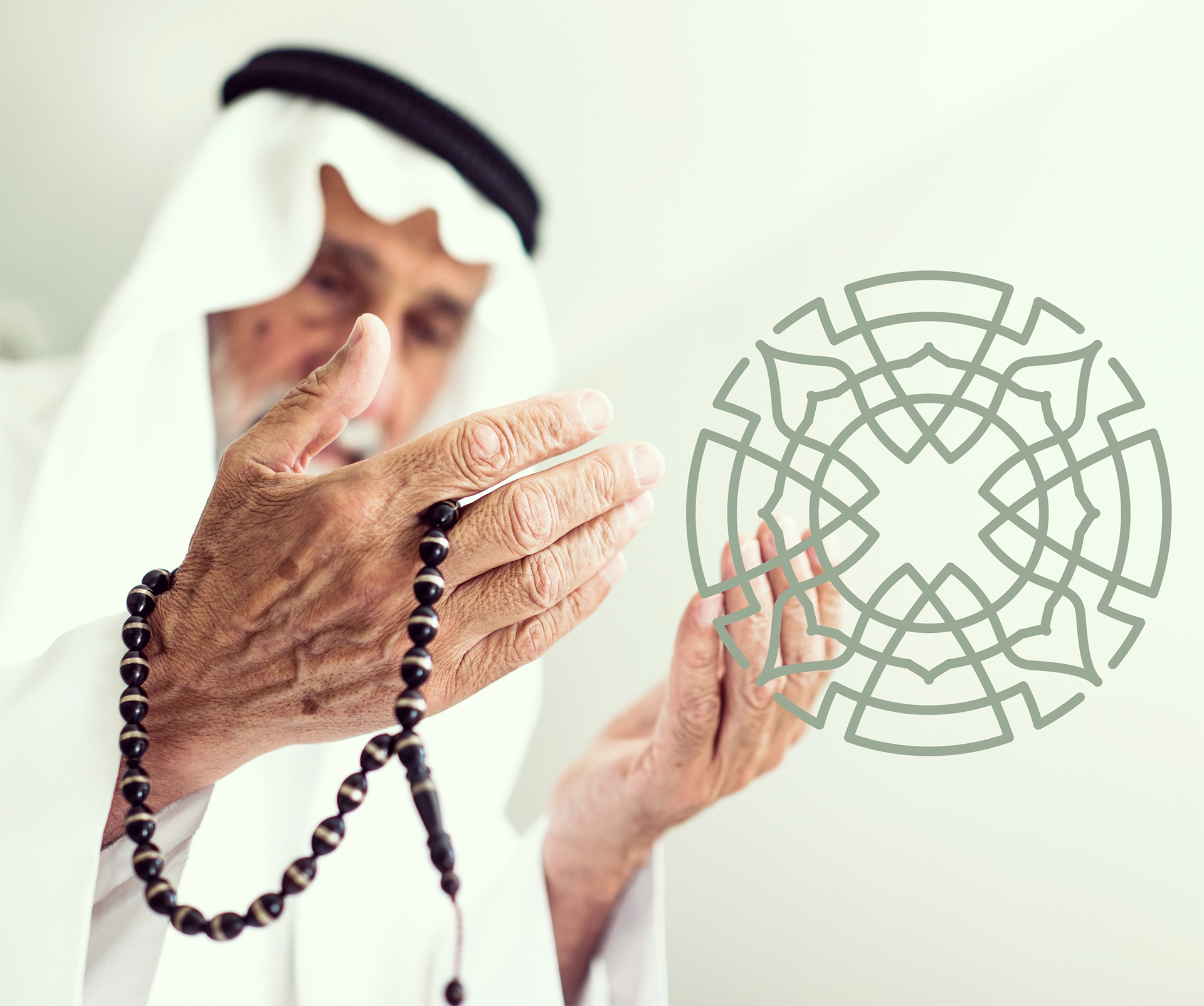
Talaq
Whilst a couple may already be divorced under UK civil law, a separate process must be followed to ensure they are also divorced under Islamic Law. A man or woman (if she has obtained the power through Tafweedh) can request from the Hajveri Council a Certificate of Divorce under Islamic Law.
Upon receipt of the appropriately executed documents, the Hajveri Council will issue a Certificate of Divorce which sets out the evidential matrix upon which the divorce in Islamic Law is effective.
get in touch


